We were lucky to catch up with Andrew Binder recently and have shared our conversation below.
Alright, Andrew thanks for taking the time to share your stories and insights with us today. Can you talk to us about a project that’s meant a lot to you?
In addition to teaching and performing, a large part of why I do music is to express myself by creating original projects and making an impact on others through my music.
One of those projects is my jazz/fusion group “Conspiracy Deliracy” featuring all original music I wrote based on different conspiracy theories. The project is a colorful tongue-in-cheek commentary on today’s delusional era of misinformation. Some of the conspiracies include Bigfoot, the moon landing being faked, and birds aren’t real. In addition to these, there are conspiracies about musicians like Beyonce being a part of the Illuminati, Avril Lavigne being dead and replaced by a doppelganger, Stevie Wonder isn’t really blind, and Katy Perry is a lizard person. For these, I took inspiration from each artist’s music, making my own inspired and distorted version of their music with a modern jazz lens. In addition to writing all the music, We recorded in May at Transient Sounds in Chicago and released the 11-track album everywhere on Friday, October 13th, currently touring the album across the Midwest. Additionally, I made all the album art with artwork based on each track, my first time doing anything on this scale with visual art.
I’m really happy with how it turned out, with a lot of heart and soul poured into it. Check out the album on Bandcamp, Spotify, Apple Music and everywhere else! There’s also more music in the works for potential future recordings, so stay tuned.
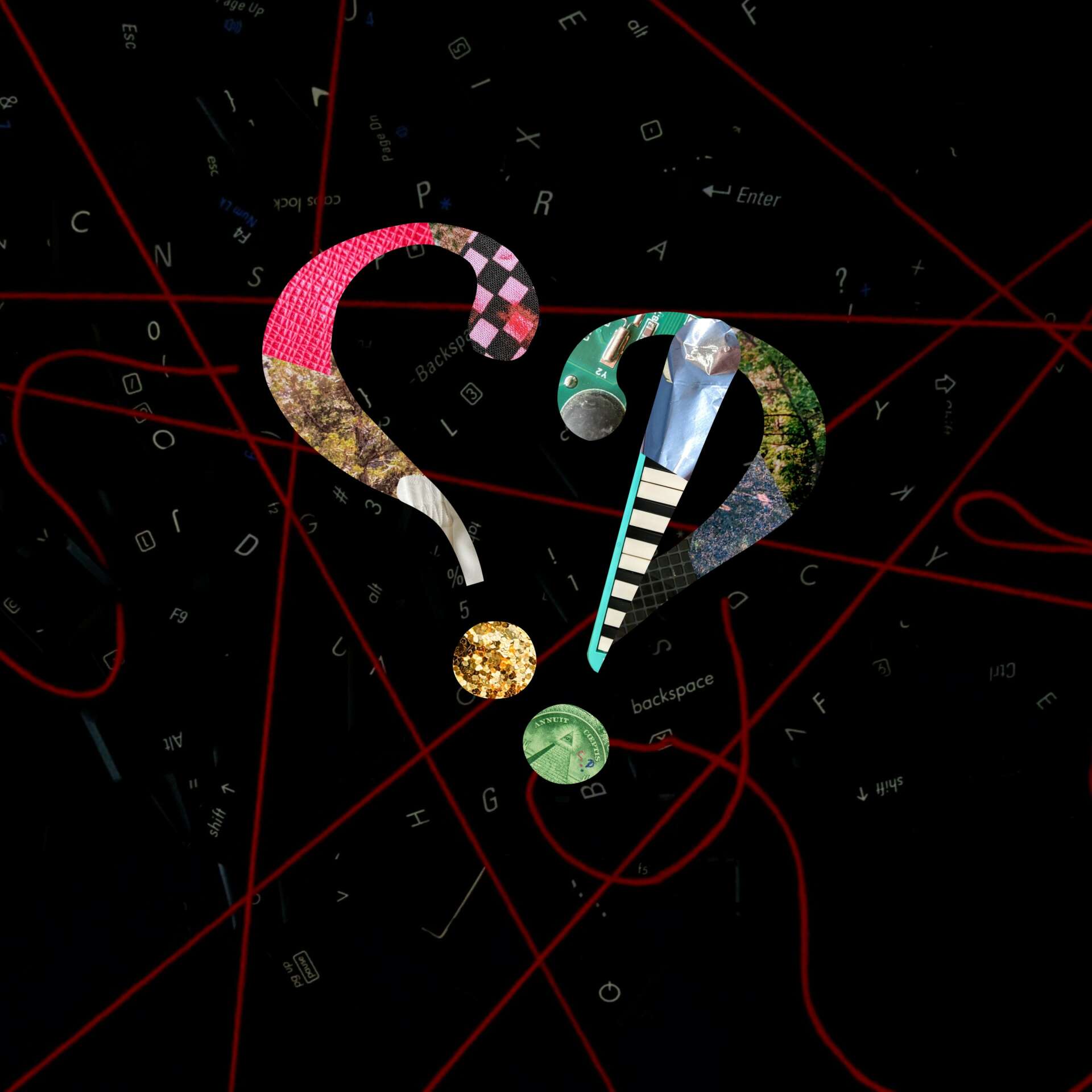
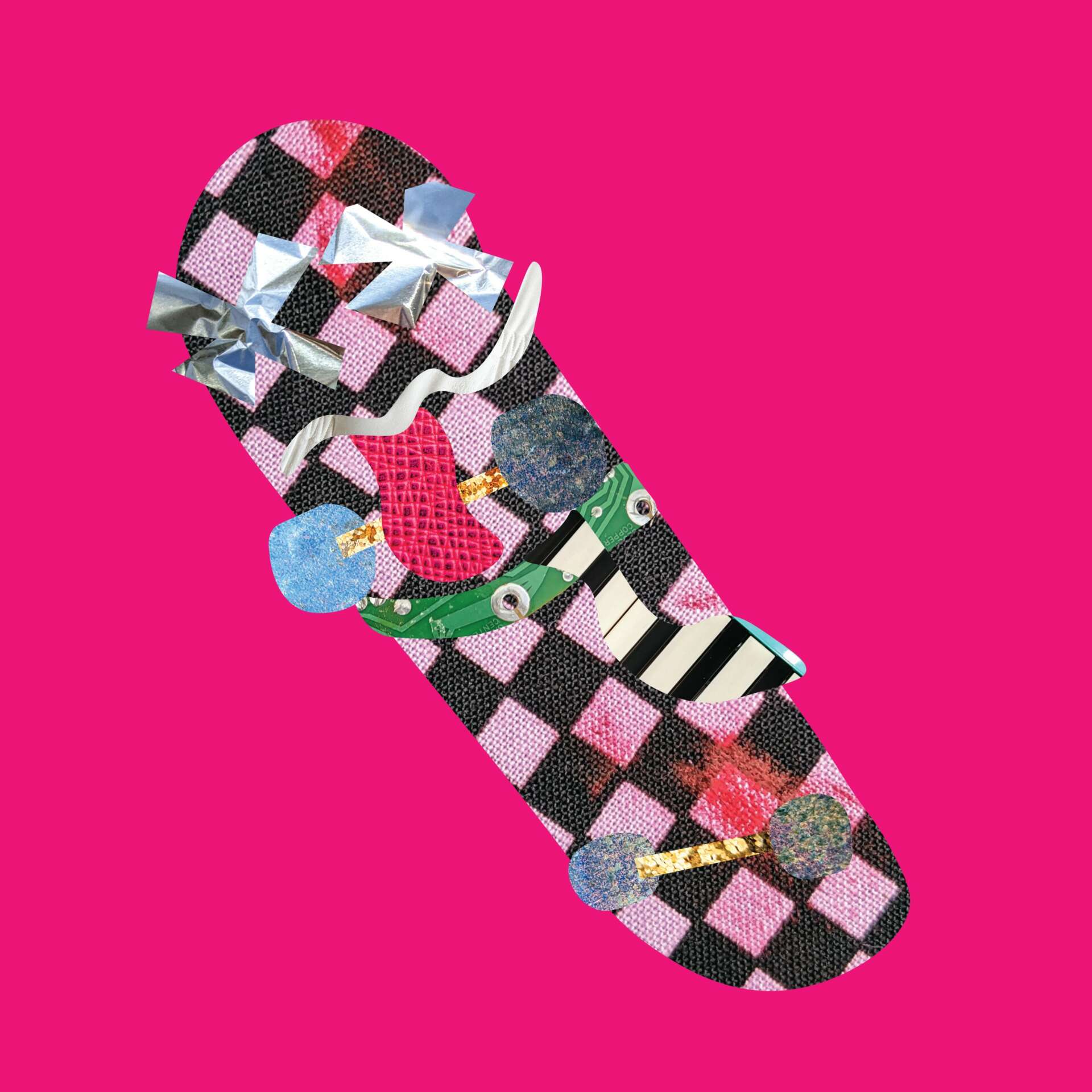
Andrew, love having you share your insights with us. Before we ask you more questions, maybe you can take a moment to introduce yourself to our readers who might have missed our earlier conversations?
My name is Andrew Binder. I’m a bassist, composer, and educator in the St. Louis area. I freelance as a bassist, playing all types of music with jazz being the music I play the most. I also teach at Jefferson College and the Community Music School at Webster University.
I’m proud of where I’ve come from as a musician and as a person. I started on piano and trombone at an early age but didn’t take music seriously until much later, basically, when I discovered I could improvise and make my own music. I was shy and always struggled with stage fright, imposter syndrome, and putting myself out there. However, my passion and determination to be a better musician necessitated me to continually push past those insecurities, learning through the music to be confident, be focused, take risks, and try new things.

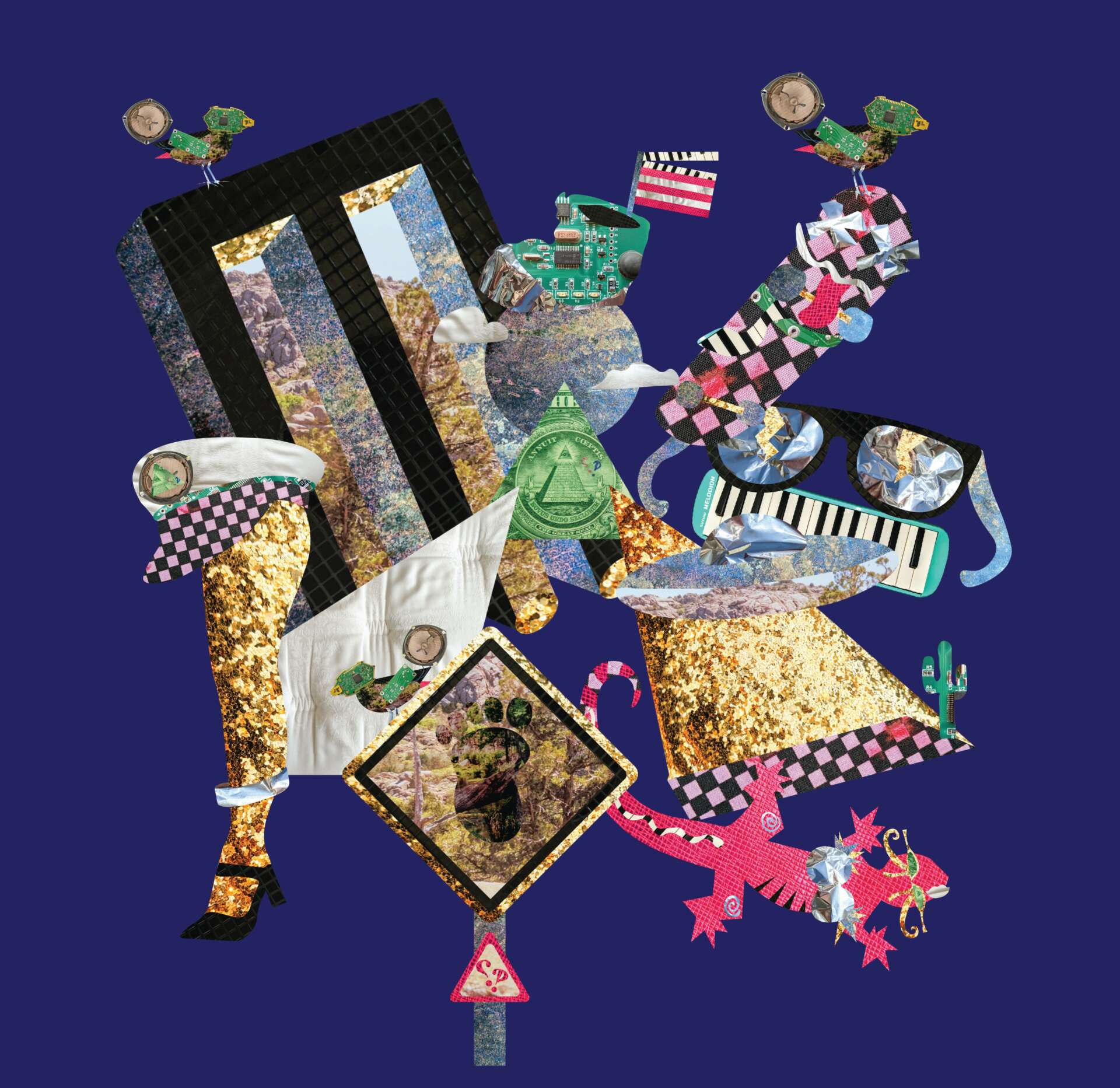
Is there something you think non-creatives will struggle to understand about your journey as a creative? Maybe you can provide some insight – you never know who might benefit from the enlightenment.
One thing that non-musicians don’t understand is the amount of practice, dedication, and discipline involved in order to become a professional musician. The general public might use the terms “talented” or “gifted”, assuming one was just born being great at music, but don’t account for the countless hours of work on their instrument or voice. This ties into devaluing live music and underpaying artists.
Similarly, I have a hard time explaining my schedule to non-musicians who only know the world of 9-5’s and weekends off. Depending on the week, I could have shows almost every day, including weekends and holidays, and teach during the day and evenings when I don’t have gigs. That doesn’t include lesson planning, rehearsals, practicing music for gigs, writing/arranging music, traveling, and more. Just this week I think I drove 20+ hours. Additionally, I’ve been working a part-time job in the early mornings to help bridge the gap after recently moving and re-establishing myself. Unfortunately, it’s difficult to make any day or time sacred to give yourself a break, or time to spend with friends or family unless you deliberately set aside that time and potentially turn down money to do so. All that being said, I can’t see myself doing anything else and I’m grateful for what I do.
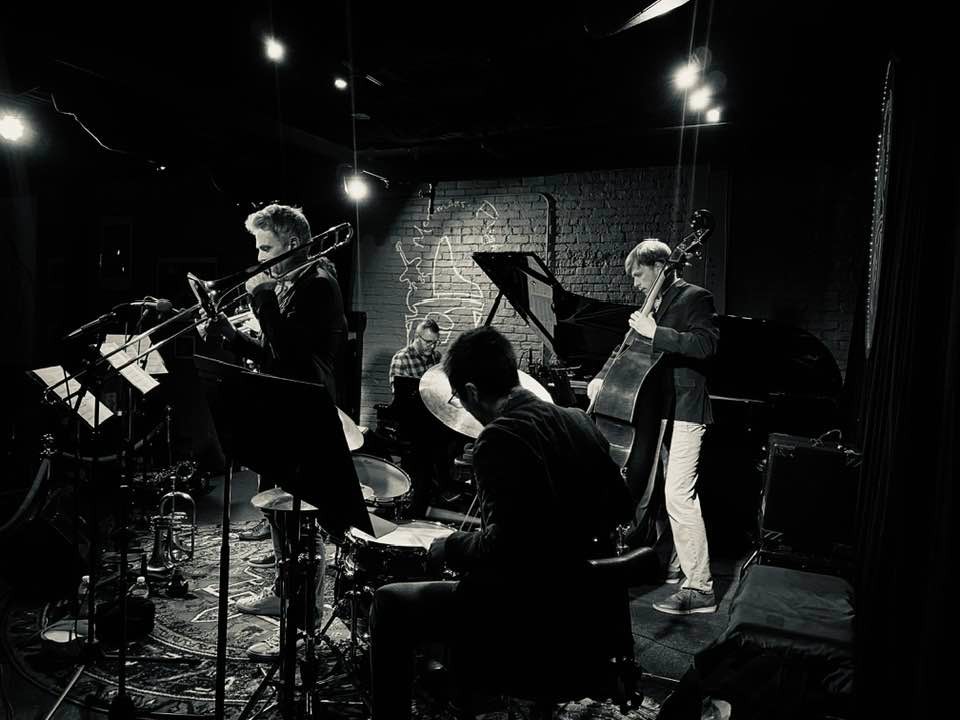

What can society do to ensure an environment that’s helpful to artists and creatives?
For music, I’ve been buying CDs or merchandise to help directly support other musicians, since streaming doesn’t cut it. Going to shows or restaurants with live music and spending money buying food or drinks helps let the business owner know that having live music brings in business, and overall helps the local economy.
If you can’t support financially: Like, share, subscribe, and help spread the word about projects/businesses/artists that you think are doing something meaningful or unique, especially local. I’m not a fan of all the hoops that need to be jumped through for social media, but most artists need to use social media in some capacity and it can be difficult to start a following for certain types of projects and not paying for advertisements.
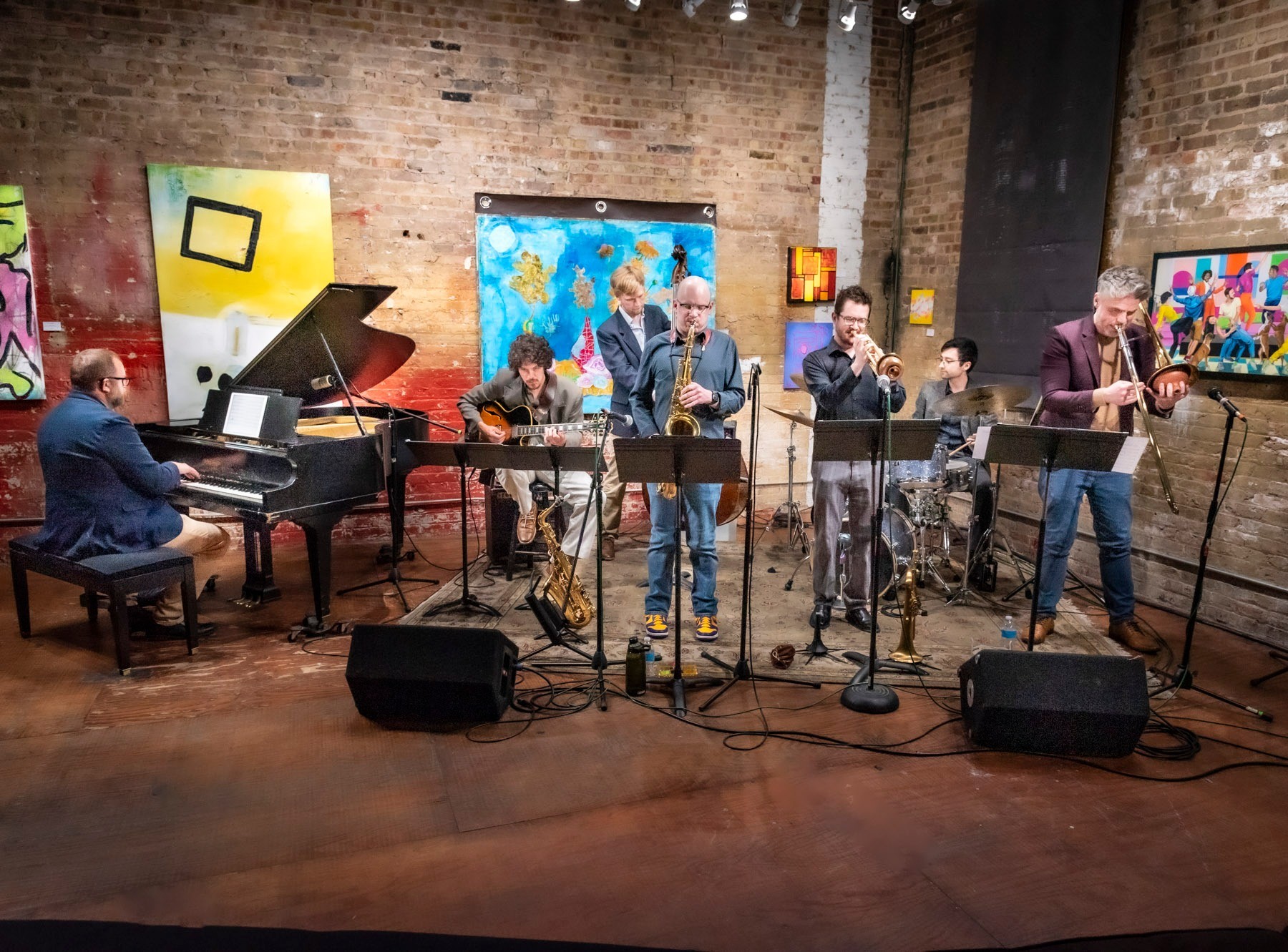
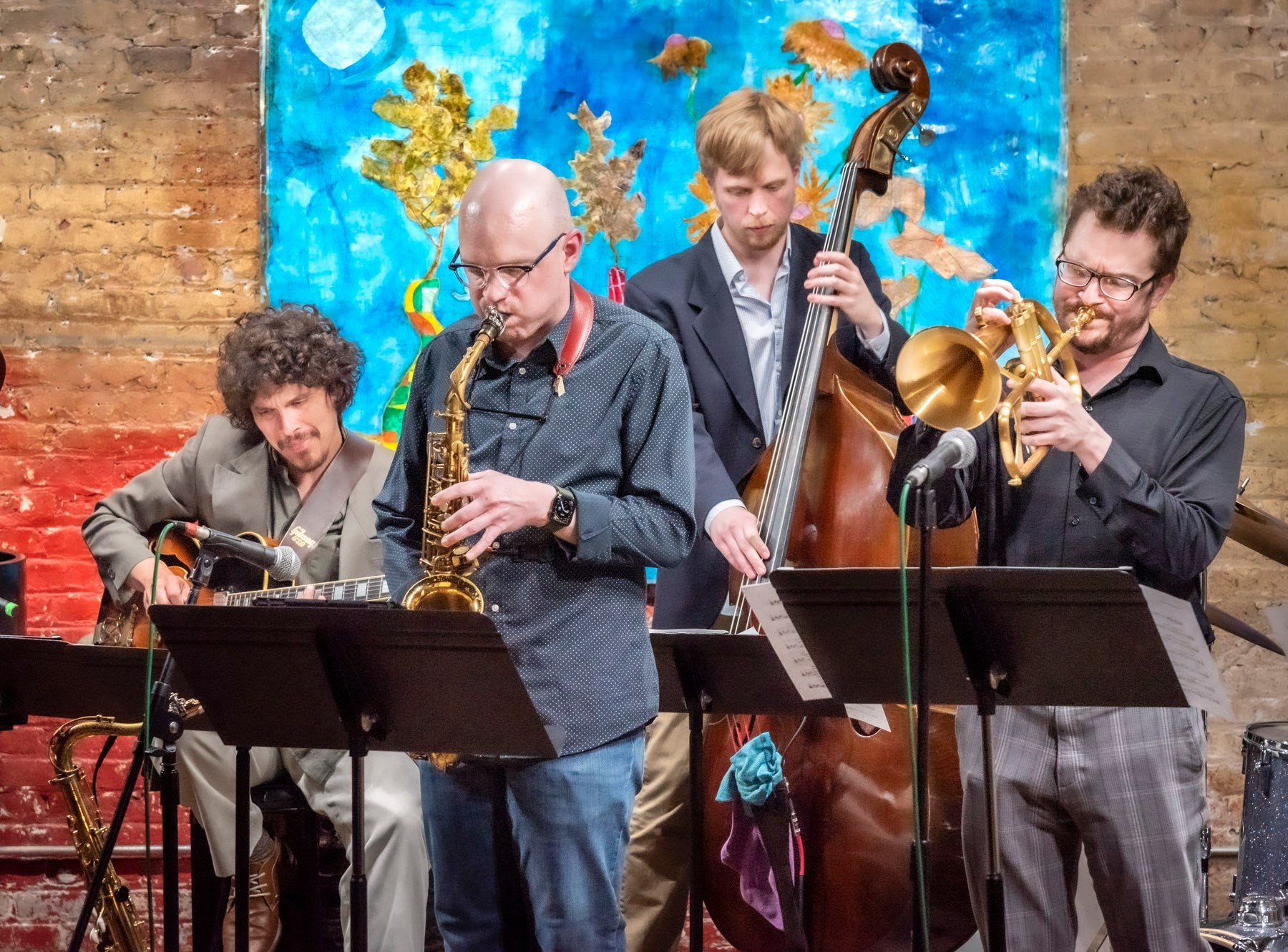
Contact Info:
- Website: andrewbindermusic.com
- Instagram: @fenderbinder
- Youtube: https://youtube.com/playlist?list=OLAK5uy_ld-io2Mxnj6V8ySae4J1OW5XFwK59AXp0&si=py085Scof2qEwEWp
- Other: https://linktr.ee/andrewbinder https://andrewbinder.bandcamp.com/album/conspiracy-deliracy https://open.spotify.com/album/683A2AwPyLDv24E07yZsnE?si=Njr1_u3hRr-ZCUezJE2EPQ
Image Credits
Ken Ge; Harvey Tillis Photography; Stephen and Mary Merriman; Andrew Binder (artwork)


